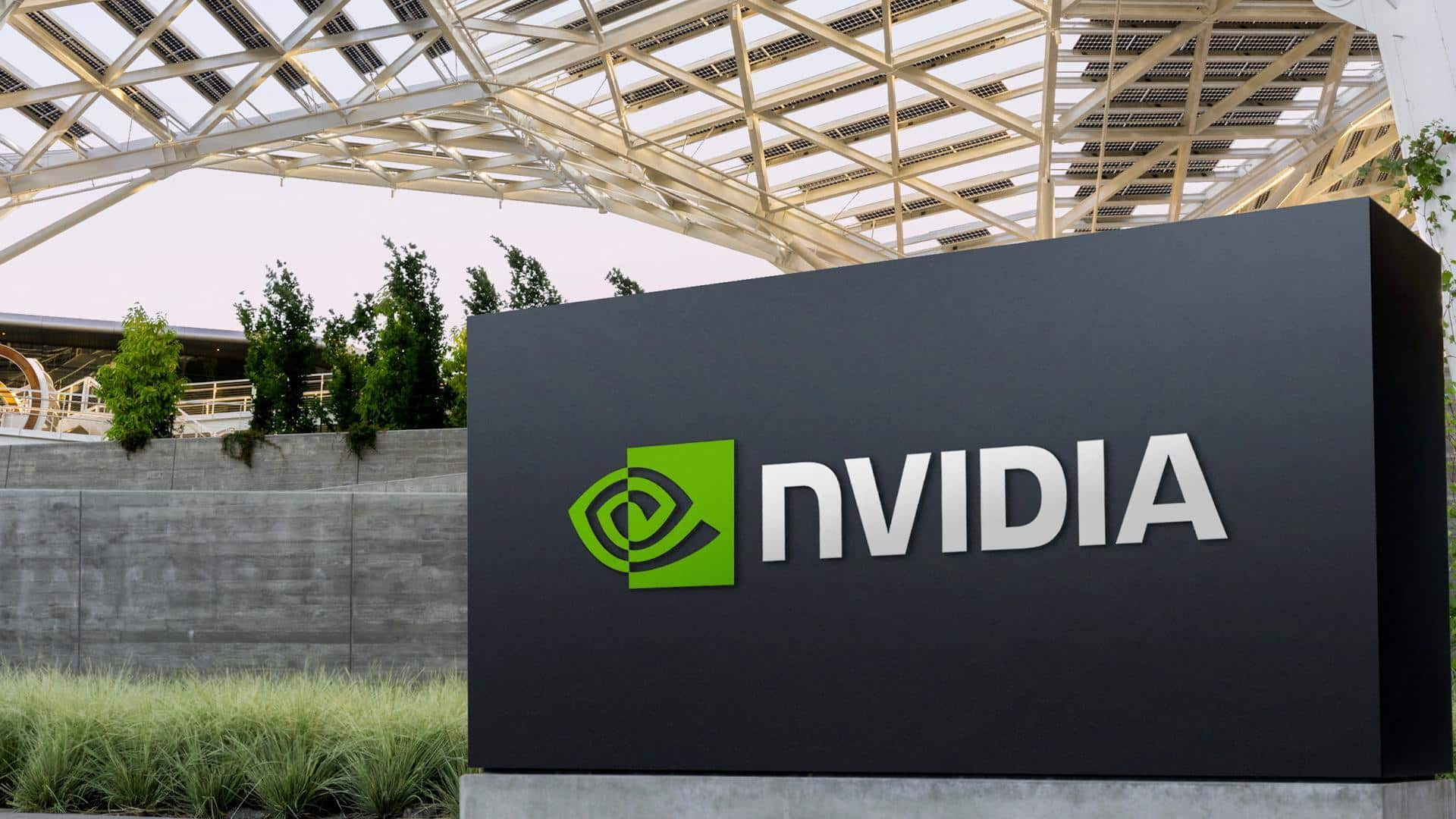What’s the story
A formidable alliance of leading tech corporations, including Intel, Google, Arm, Qualcomm, and Samsung, has emerged to contest NVIDIA‘s supremacy in the artificial intelligence (AI) market. This group, known as The Unified Acceleration Foundation (UXL), is working on an open-source software suite, that aims to liberate AI developers from the constraints of NVIDIA’s exclusive technology. This initiative will enable software to operate on any device and with any processor.
Project sets sights on NVIDIA’s exclusive technology
The UXL project is being developed to remove the necessity for specific programming languages and tools that bind developers to NVIDIA’s CUDA platform. Over four million global developers rely on CUDA to build AI and other apps. The technical aspects of the UXL project will be fully developed by H2, 2024. However, a definitive release date has not yet been announced. The goal of this initiative is to eliminate obstacles and enhance adaptability for AI developers across various platforms.
NVIDIA’s market supremacy and UXL’s future endeavors
NVIDIA achieved a significant milestone last month by becoming the first chipmaker to attain a $2 trillion market capitalization. This achievement was primarily due to its emphasis on AI model hardware like the H100 and forthcoming H200 GPUs. These chips compel developers to use NVIDIA’s CUDA architecture. Despite NVIDIA’s market dominance, UXL not only plans to offer alternatives for AI applications and high-performance computing applications, but also intends to eventually support NVIDIA’s hardware and code.
UXL pursues more collaborations for widespread implementation
UXL is actively seeking collaborations with additional chipmakers and cloud-computing companies such as Microsoft and Amazon. The objective is to ensure that their solution can be implemented on any processor or device. This strategy is being pursued amid speculation of Microsoft’s collaboration with AMD last year to create alternative AI chips, which could potentially pose a challenge to NVIDIA’s effective monopoly in the industry.





















